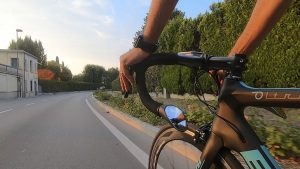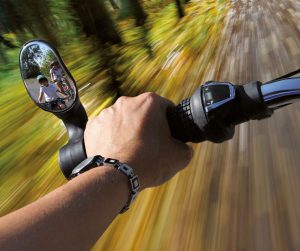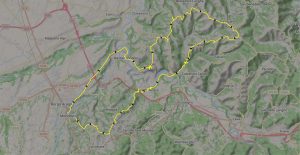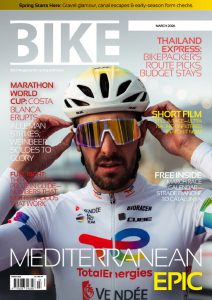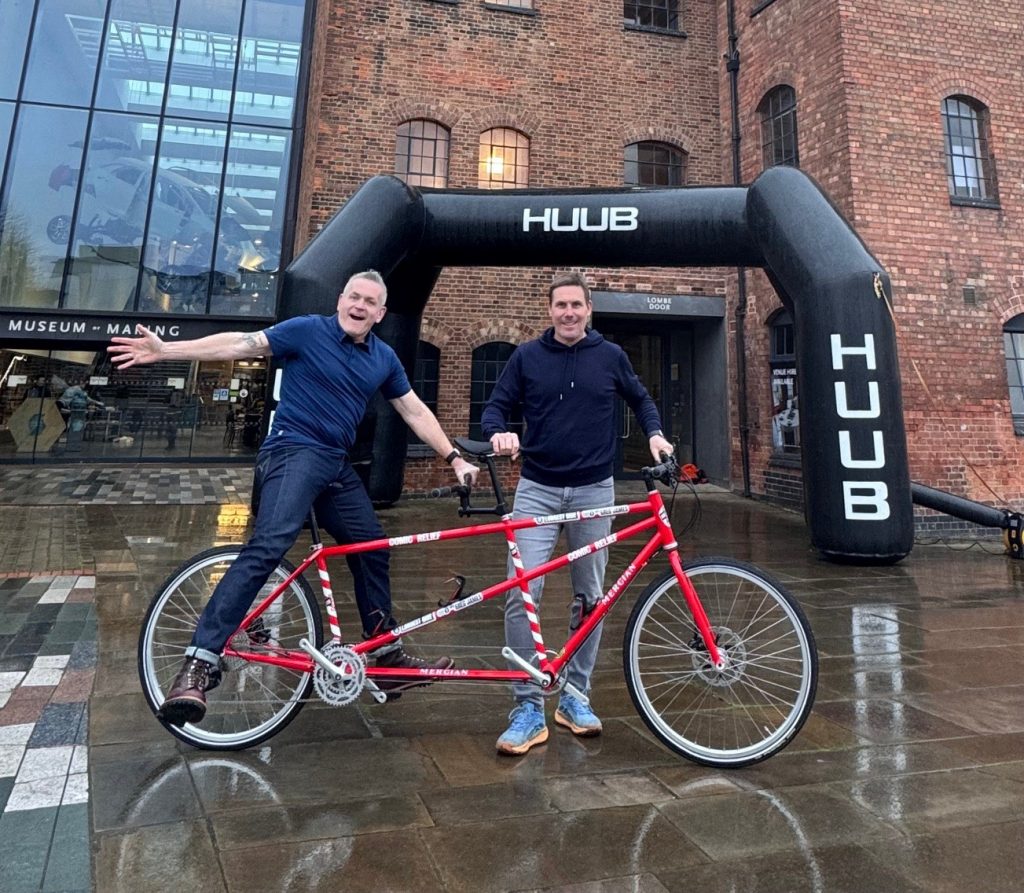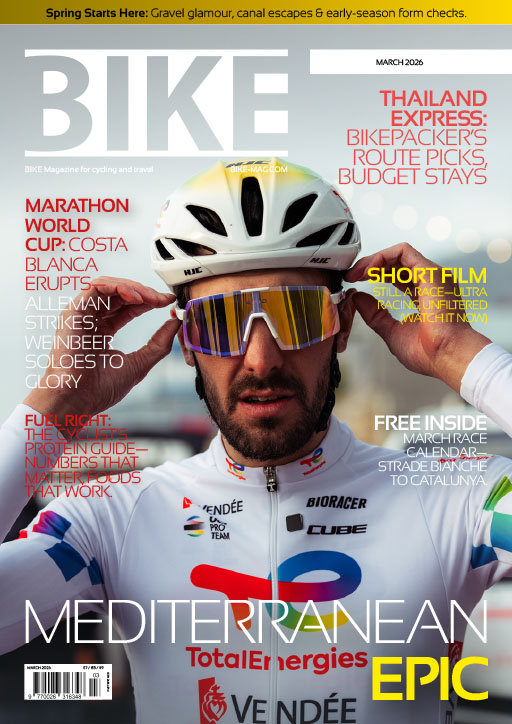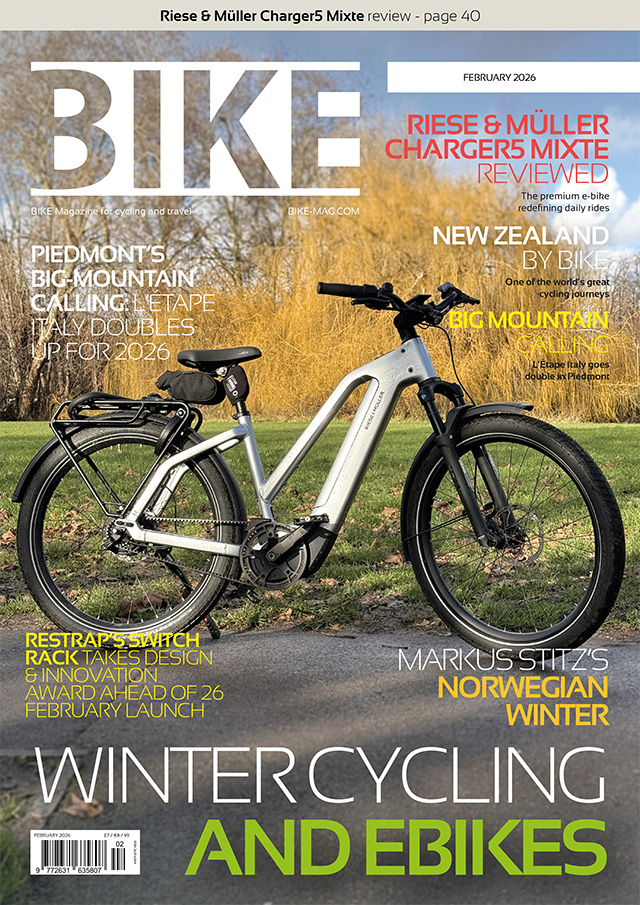Increased roaming chargers in the EU will affects cyclists whether they’re watching, racing or training.
British tourists in mainland Europe will be subject to pay increased roaming charges after the UK leaves the European Union – but what will it mean for cyclists?
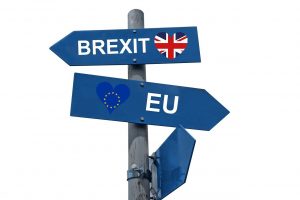
The European parliament committee announced last week that from June this year, “consumers will be able to call, send SMS or surf on their mobile at the same price they pay at home” when in different EU countries.
But a leaked analysis on Brexit confirmed that this wouldn’t apply to British people once the UK has formally withdrew from the EU.
Whether it’s watching a race in Europe, competing on the continent yourself, or on a training camp, when the ruling comes into force (unless the British government can strike a favourable deal with the EU and prevent additional charges) it will undoubtedly cause roaming charges to increase in price for people with UK-registered numbers.
When watching a race – whether that’s the Tour de France or an U23 Italian race – you like to be kept informed. Standing by the roadside, there tends to be two ways: Twitter and live streaming of the race. Both require internet connection and if there isn’t WiFi that you can log onto (or stream fast enough), you’re left to rely on your mobile data, where roaming charges will apply for international use.
If racing or training is your reason for being in mainland Europe, then the chances are you’ll be updating your rides to Strava. While most of us have Garmin devices, some people still log their rides via the Strava app on their phones. Submitting your data before you reach WiFi will need you to access your mobile broadband.
British tourists in mainland Europe will be subject to pay increased roaming charges after the UK leaves the European Union – but what will it mean for cyclists?
Roaming Charges to Affect British Cyclists in Europe
The European parliament committee announced last week that from June this year, “consumers will be able to call, send SMS or surf on their mobile at the same price they pay at home” when in different EU countries.
But a leaked analysis on Brexit confirmed that this wouldn’t apply to British people once the UK has formally withdrew from the EU, meaning roaming charges will increase.
Whether it’s watching a race in Europe, competing on the continent yourself, or on a training camp, when the ruling comes into force (unless the British government can strike a favourable deal with the EU and prevent additional charges) it will undoubtedly cause an increase in price for people with UK-registered numbers.
When watching a race – whether that’s the Tour de France or an U23 Italian race – you like to be kept informed. Standing by the roadside, there tends to be two ways: Twitter and live streaming of the race. Both require internet connection and if there isn’t WiFi that you can log onto (or stream fast enough), you’re left to rely on your mobile data; and with increasing roaming charges, this could come to cost a fortune.
If racing or training is your reason for being in mainland Europe, then the chances are you’ll be updating your rides to Strava. While most of us have Garmin devices, some people still log their rides via the Strava app on their phones. Submitting your data before you reach WiFi will need you to access your mobile broadband.
The same goes for browsing Strava segments or checking the map when you get lost or are trying to locate the nearest cafe: your phone becomes your satellite navigation system.
Regardless of why you are in Europe – watching, racing or training – the likelihood is you’ll be updating photos to Facebook, Instagram, Twitter and Snapchat (delete as appropriate). When you’re on the go and want to get your photos online immediately, 3/4G is your saviour again.
But there are ways around these increased roaming charges. It is true that most public places have WiFi and if isn’t free, it’s usually only a small price for internet connection. Additionally, with free WiFi being rolled out across cities and public spaces, it’s become harder than ever to be in an urban setting and not be able to locate WiFi.
The other alternative to avoid increased roaming charges is to buy a pay as you go phone when you cross the border. Of course, this causes complications such as people not being able to reach you on your UK number (and you probably not knowing your foreign digits), but it will avoid hefty costs.
Most of us can wait before up loading pictures to social media, but it’s the more here-and-the-now tasks, such as race updates and mapping, that require mobile data.
In the meantime, let’s just hope the Government settle a deal with the EU that will make all of the above obsolete. And let us also hope that Brexit does not affect cyclists in any other ways, such as increased prices for materials, or for bikes themselves.


